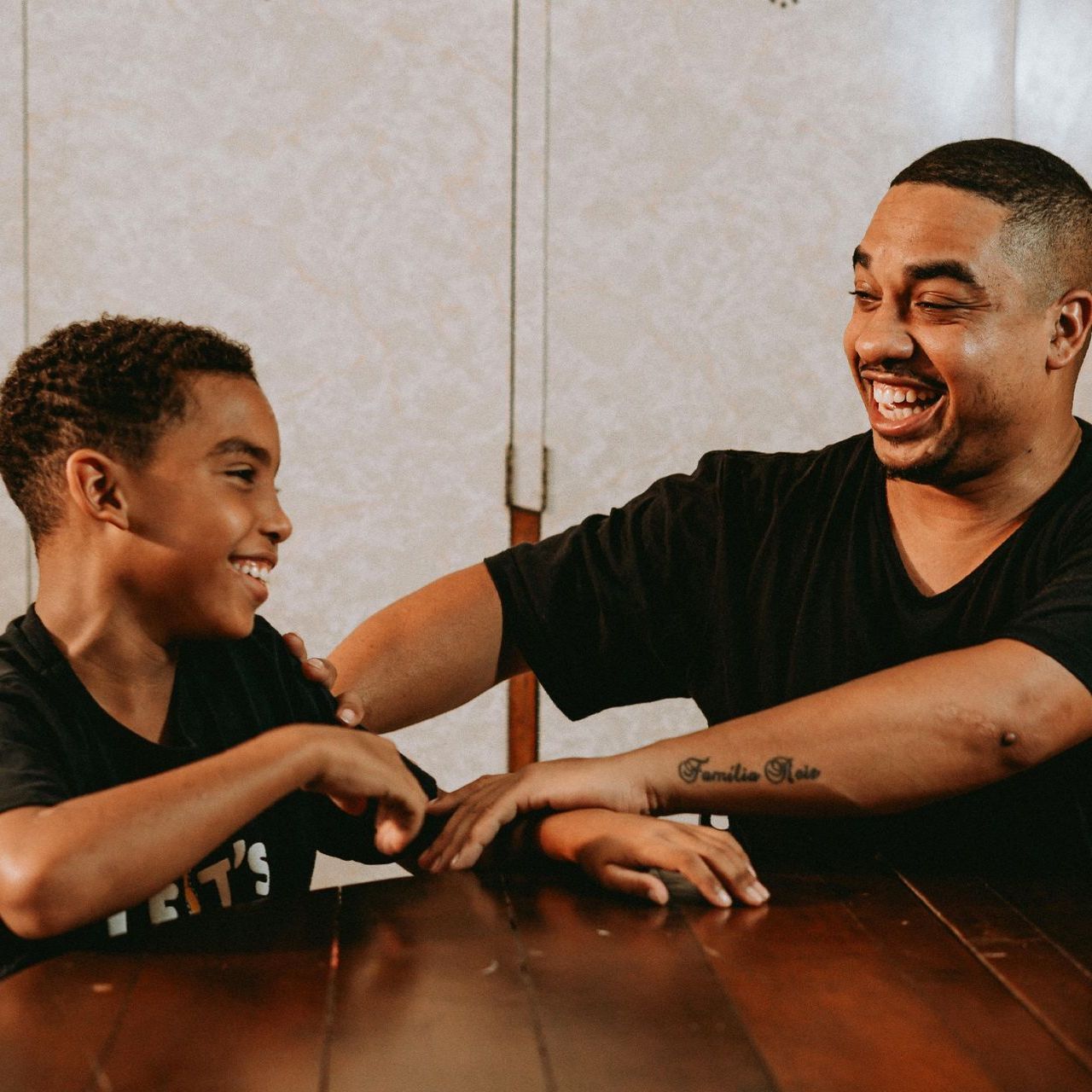I Don't Feel Prepared to Talk with my Child About People with Disabilities
March 8, 2021

As parents, we want nothing more that to raise a child that will show respect to everyone they meet. It doesn't matter if that person is another child, another parent, or even someone's grandparent. Most of these situations are easy to discuss with our kids, but what if that other person has special needs such as down syndrome, autism, or muscular dystrophy. The conversation with your child may become a little more uncomfortable and you may not know how to handle every question. Here are a few things to keep in mind and explain to your child:
It's OK to Notice
Young kids are especially curious when they notice a person that doesn't look like them or isn't acting "normal". They tend to point out those differences and ask a lot of questions. Just try keeping your explanations positive and to the point. If they ask something like, "Why is that girl in a wheelchair?", a good response would be, "Some people's muscles work a little differently, and her wheelchair helps her move around, much like your legs help you move around." Try to stay away from negative statements such as, "She can't walk."
Use Respectful Terminology
Choose your words wisely. As we all know, children are like parrots and repeat everything they hear you say. Avoid using derogatory terms like "cripple," "retarded," or "midget," and instead, use terms and phrases like "wheelchair user," "little person," and "learning disability."
Emphasize Similarities
It's important that your child learns that someone with a disability is still the same in a lot of ways — he still has feelings, likes to have fun, loves his family, and has a favorite sport. Take care to separate the person from his or her disability by talking to your child about how he and the person with the disability are similar. Talking about similarities will show your child that having a disability does not define a person, much like your child's physical characteristics don't define him.
Teach Understanding and Empathy
Teach your child to look for strengths instead of just focusing on weaknesses. It's important for him to learn that just because someone can't do something, or struggles in one area, it doesn't mean he or she doesn't excel in other areas. Ask your child how he would feel in somebody else's shoes, and how he would want to be treated — and then teach him to treat others the same way. Learning empathy early on is an important life lesson.
Address and Condemn Bullying
Talk to your child about why intentionally hurting another child's feelings is wrong. It's important for your child to know that anyone, even someone who looks or acts different, has feelings just like she does, and deserves to be treated nicely and with respect.
Treat Their Devices with Respect
Teach your child to treat medical devices, such as canes, wheelchairs, and service dogs, with respect. Make sure she understands that the devices are there to help the person who needs them, and that they are not toys.

Growing pains are most common in children ages 3–12, especially during periods of rapid growth. While the exact cause isn’t fully understood, many doctors believe they are related to increased physical activity and the stretching of muscles and tendons during growth spurts, not growth of bones themselves.

Thanksgiving is a cherished tradition, an opportunity to gather with family and friends to celebrate gratitude for the many blessings in our lives. Whether you're traveling to visit relatives or hosting a festive dinner at home, preparing for Thanksgiving can be a joyful yet daunting task, especially for parents.








